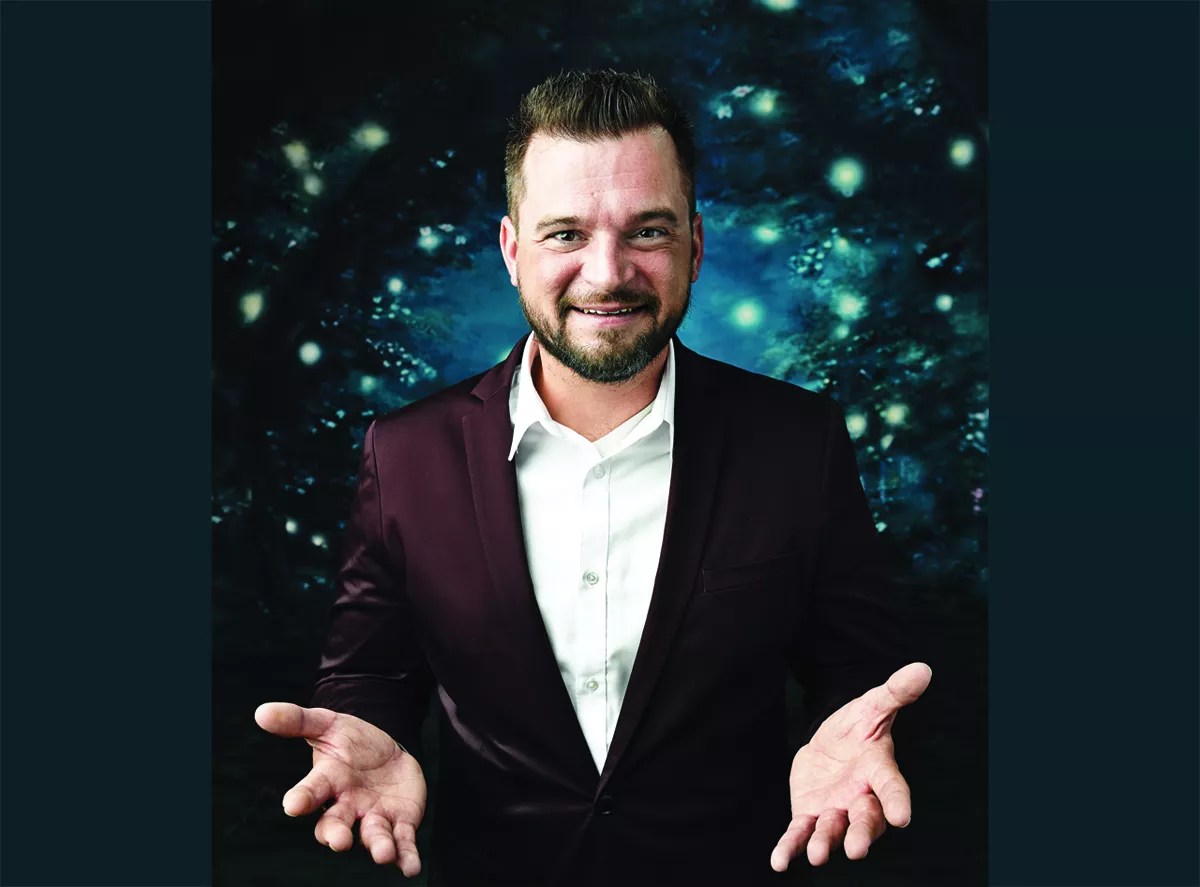
Anthony Camera

Audio By Carbonatix
Denver made history earlier this month when a slight majority of voters decided to decriminalize magic mushrooms. Yes, Initiative 301 made for sexy headlines, but it also raised a lot of questions.
Allow us to clear the dirt – er, air.
Did Denver just legalize psychedelic mushrooms?
This is by far the most common misconception about the initiative. I-301 makes arresting anyone for personal possession, consumption or growth of magic mushrooms a low priority for law enforcement, effectively decriminalizing them, and prohibits city funds from being used to prosecute such cases. It’s important to note that I-301 does not change law enforcement’s work against distribution of psychedelic mushrooms.
Denver voters could one day legalize psychedelic mushrooms and create a legitimate marketplace for them, much as we did for recreational marijuana back in 2014, when the first dispensaries opened. But I-301’s backers say they aren’t presently considering such an initiative.
Will the city actually honor I-301?
Jamie Giellis and Mayor Michael Hancock, who are locked in a mayoral runoff that will be decided June 4, have said they will respect the will of the voters. And the Denver City Attorney’s Office is analyzing the initiative so that it can advise the Denver Police Department on next steps.
After Denver voters passed a second marijuana decriminalization initiative in 2007 (the first was in 2005), the DPD continued to issue citations for possession. But a spokesman for the department says it is waiting on the city’s legal analysis of the initiative before establishing any policies.
Where can you buy mushrooms?
Spores are legal to buy online in most states, including Colorado. The city is still working to quantify “personal” use and growth (more on that later), but you could probably get away with growing your own small amount at home. Buying mushrooms from a dealer is still a crime.
What happens if Denver keeps arresting and prosecuting people for mushroom charges?
The city will probably get sued. Kevin Matthews, the campaign director of Decriminalize Denver, which pushed I-301, has said repeatedly that his team has lawyers at the ready. But he hopes to work with the city and law enforcement to implement I-301 as smoothly as possible.
How big of a problem are psychedelic mushroom offenses in Denver?
Of the 9,000-plus drug cases filed between 2016 and 2018 in Denver, only eleven were for psilocybin. And of those eleven, only three led to charges for possession with intent to manufacture or distribute.
The DPD says that in that same time period, around fifty people a year were arrested for psilocybin-related offenses.
What else does the initiative do?
It establishes a review panel to analyze and report on the effects of decriminalization. By the end of 2019, the mayor must appoint the eleven members of the panel, which will include two city council members, law enforcement officials, Decriminalize Denver campaign representatives and other stakeholders.
The panel will elect a chairperson and meet at least quarterly, if not more frequently, and establish reporting criteria for the sheriff and police departments and the city attorney’s office to document any psychedelic mushroom arrests and prosecution. The panel will also submit a written report to Denver City Council with recommendations related to “public safety, public administration, public health and fiscal impacts” of decriminalization.
Can city council alter the initiative?
Yes, city council can amend I-301 after it’s been on the books for six months, much as it did with the Green Roof initiative. Changes would need approval from a supermajority of the council, or nine votes. But council president Jolon Clark says that, barring any negative consequences, he doesn’t foresee any changes to I-301 coming down the pike.
Will decriminalization have unintended negative consequences for Denver?
That’s unclear. Critics of the initiative argue that it will make mushroom consumption more widespread and put the public at risk. They also argue that more children will have access to mushrooms and that Denver will become a tourist destination for fans.
What’s next for the city?
The decriminalization initiative takes effect on May 16, following certification of the final election results.
As part of its analysis, the Denver City Attorney’s Office will attempt to define some of the terminology used in the ballot initiative, such as the amount of psilocybin that will be considered for “personal” use. However, the final arbiter could be city council or a court, should any litigation over an arrest arise.
And what’s next for the campaign?
Spreading awareness and establishing relationships with key players in the city, Matthews says, adding that he and his team will work to educate people on harm reduction and responsible use of mushrooms.